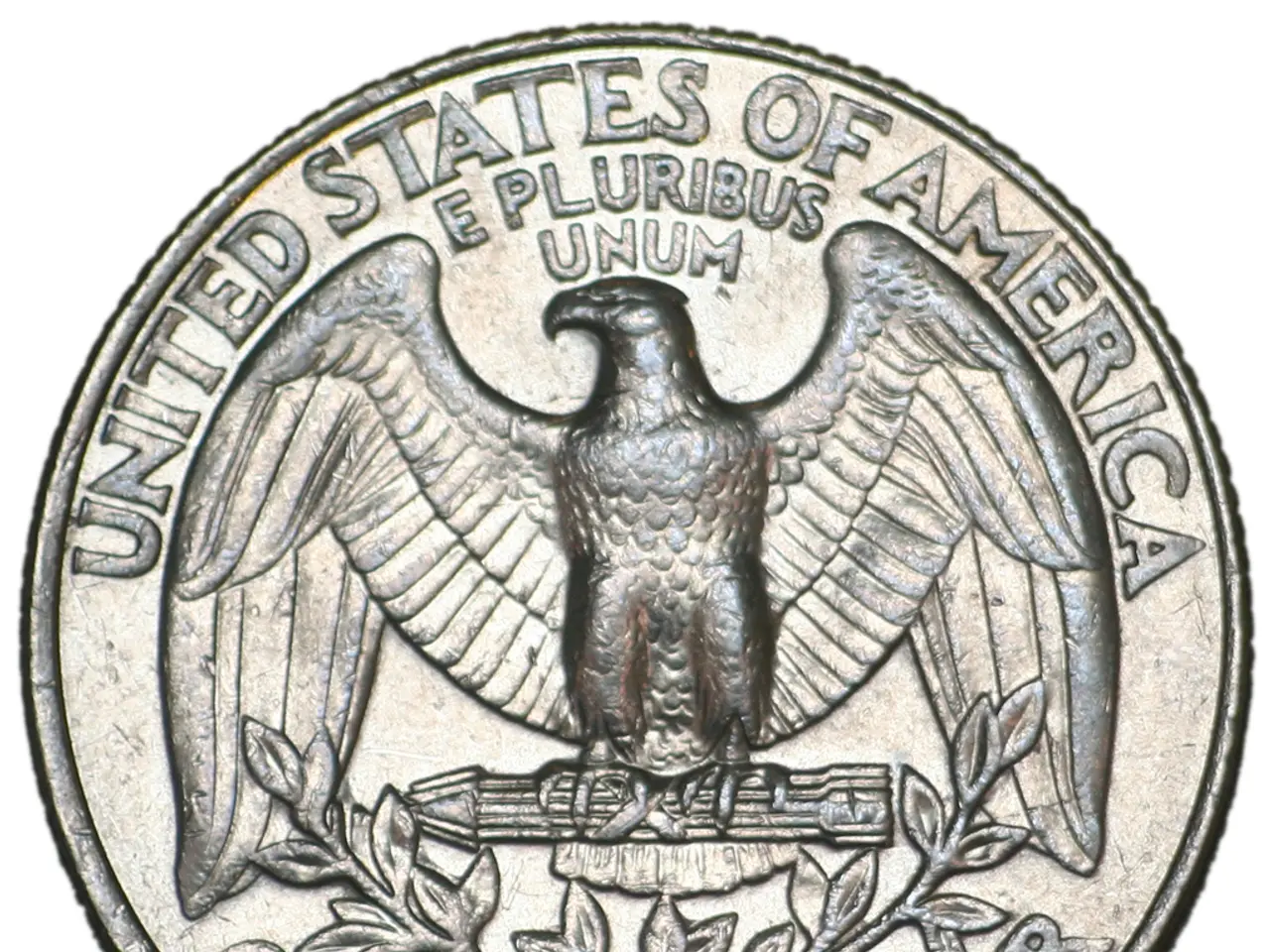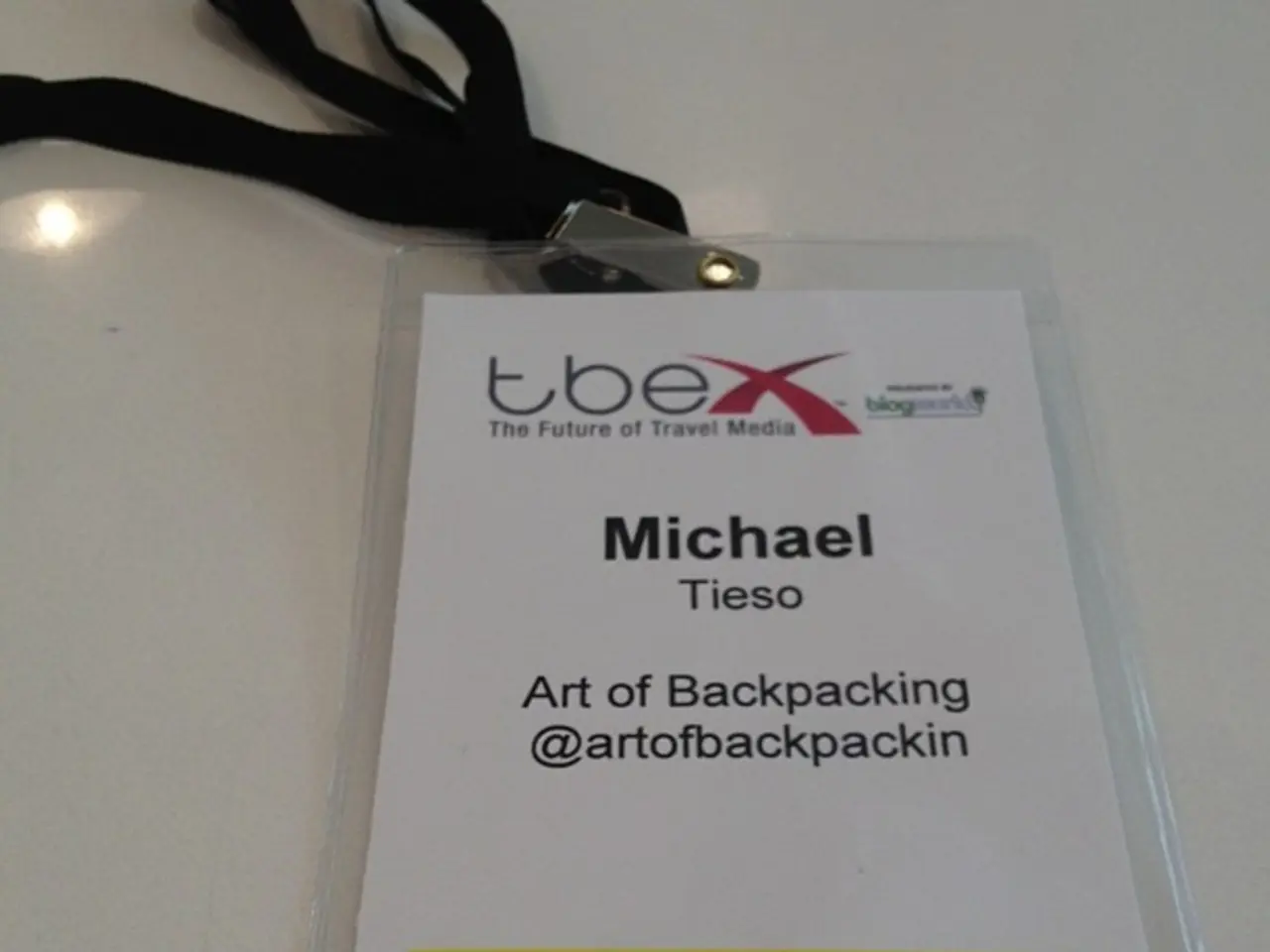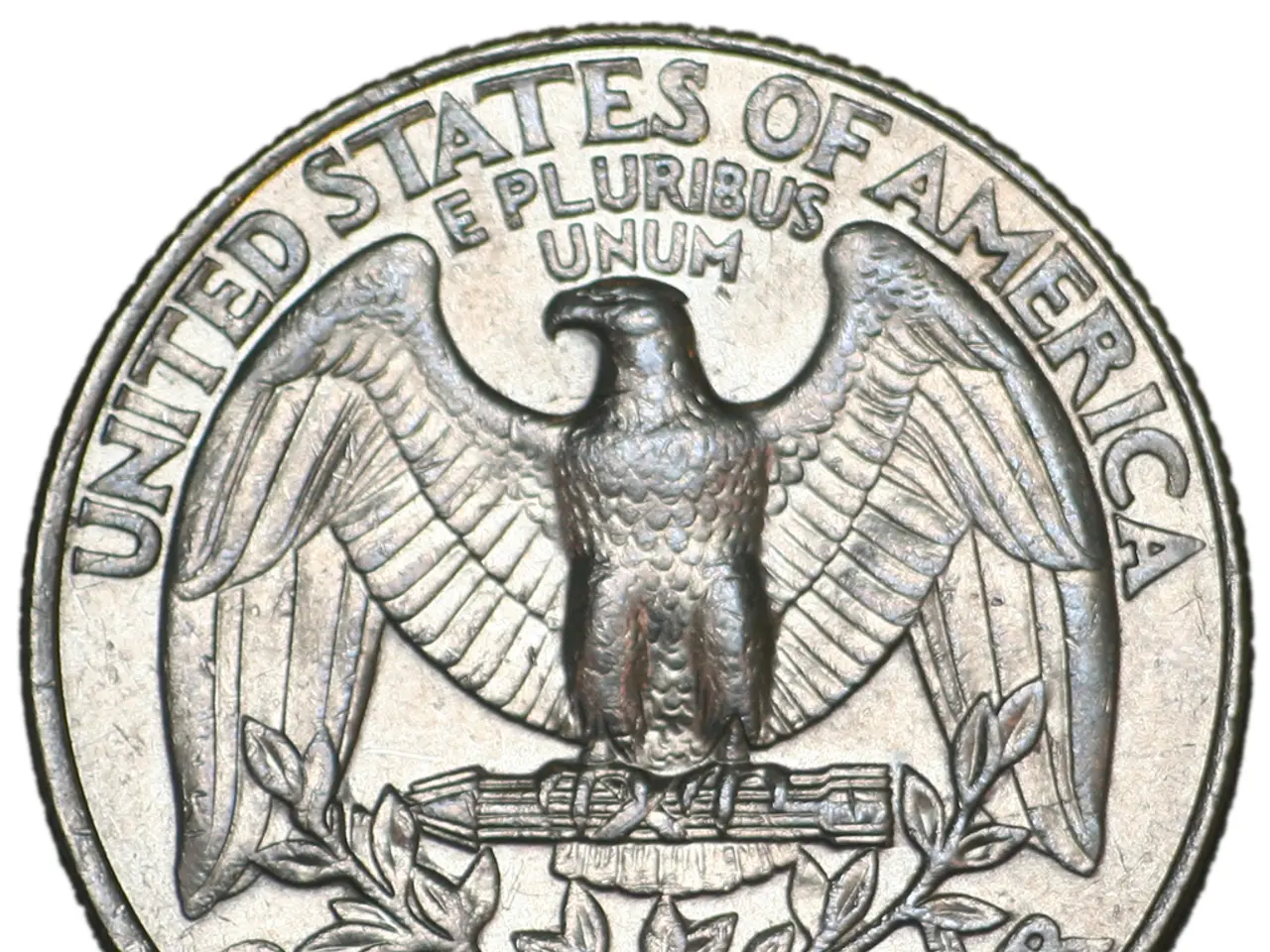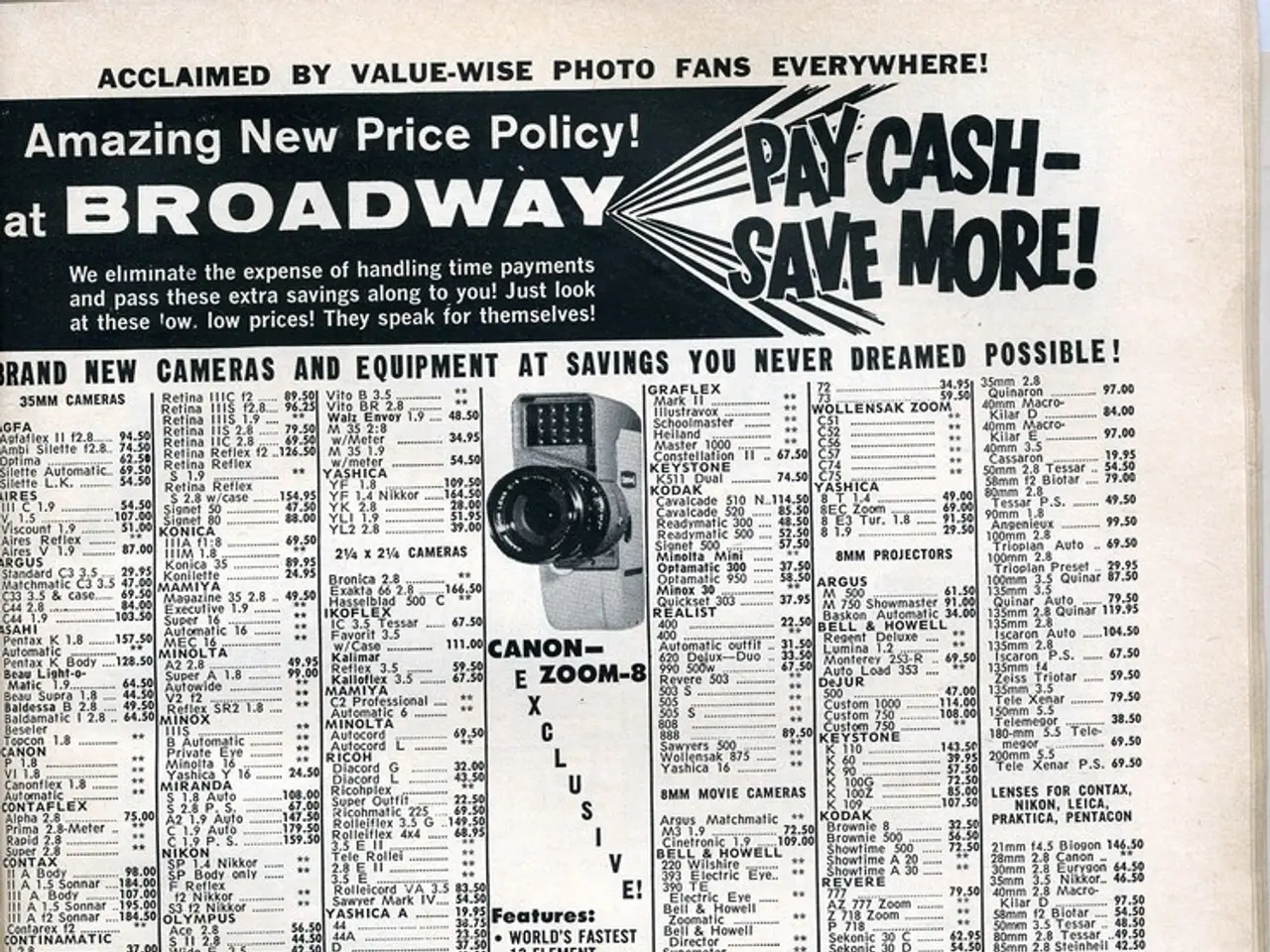South Korea eases regulations on cryptocurrency transactions for non-profit organizations and digital exchanges.
In the rapidly evolving world of cryptocurrencies, South Korea is making significant strides in regulating the industry. While the focus has been on legalizing spot crypto ETFs, developing a stablecoin framework pegged to the Korean won, lowering trading fees, and enhancing investor protections on licensed exchanges, there are some key areas that have not received as much attention.
One such area is the regulation of non-profit cryptocurrency donations. As of the latest regulatory announcements up to 2025, there is no explicit publicly available information about new regulations specifically targeting this area. Non-profits in Korea are still required to outsource the processing of crypto donations to organizations with at least five years of experience.
Another area of interest is the token listing process on exchanges. While exchanges are required to offer transparent fee disclosures and clear token listing rules, detailed public guidance on listing criteria or memecoin trading has not been specified. Thinly traded tokens may be delisted from exchanges if their daily transaction volumes are less than 1% of their market capitalization and the total issuance value drops below Won 4 billion ($2.9 million) for 30 days.
Memecoins, a type of cryptocurrency that originates from internet culture and often has no serious underlying use case, have also caught the attention of regulators. Memecoins can only be traded if they meet certain criteria: being already listed on eligible foreign exchanges, having a sufficiently large community (100,000 people), and achieving cumulative transaction volumes of at least one million transactions.
Sales by cryptocurrency exchanges are still only allowed to cover the operating expenses of the exchange and must be done through a third party. The new rules address cryptocurrency exchanges, specifically regarding the sale of cryptocurrencies for the exchange's own account where they received the tokens as fees.
In the realm of anti-money laundering, donations can only be made directly via a cryptocurrency exchange to comply with regulations. Exchanges must comply with strict anti-money laundering (AML), know-your-customer (KYC) standards, and register with the Financial Services Commission (FSC). Unregistered foreign exchanges offering KRW services are blocked.
As the regulatory landscape continues to evolve, it is essential to monitor FSC announcements and local exchange rules for any updates on non-profit crypto donations, memecoin trading, or token listings on Korean exchanges. For now, these areas remain somewhat ambiguous within South Korea’s 2025 regulatory plans.
- In the lack of explicit regulations for non-profit cryptocurrency donations by 2025, non-profits in South Korea are compelled to outsource the processing of these donations to organizations with at least five years of experience.
- Memecoins, with no serious underlying use case, can only be traded in South Korea if they meet certain criteria, such as being already listed on eligible foreign exchanges, having a sufficiently large community, and achieving cumulative transaction volumes of at least one million transactions.
- In the realm of finance and regulation, cryptocurrency exchanges in South Korea are required to comply with anti-money laundering (AML) and know-your-customer (KYC) standards, register with the Financial Services Commission (FSC), and can only allow sales to cover their operating expenses through a third party.




